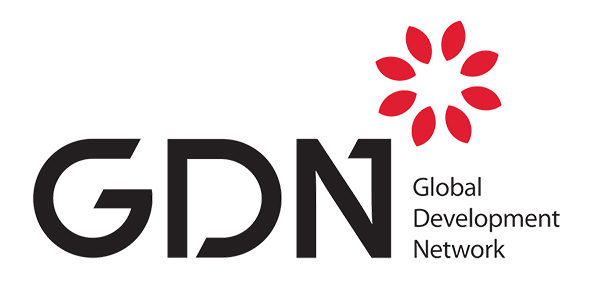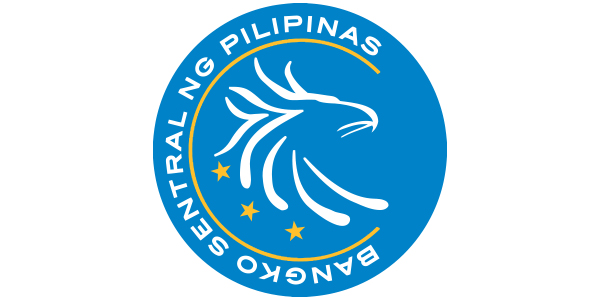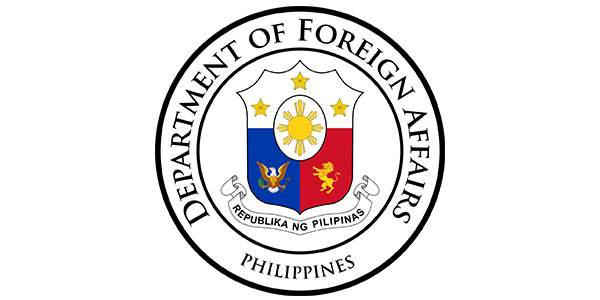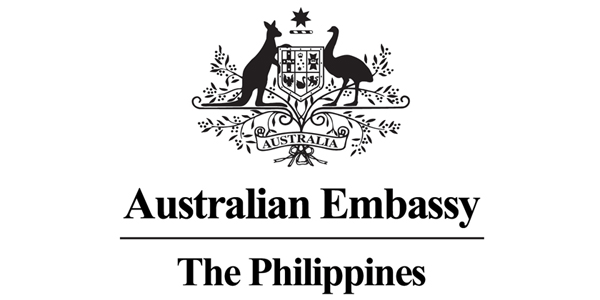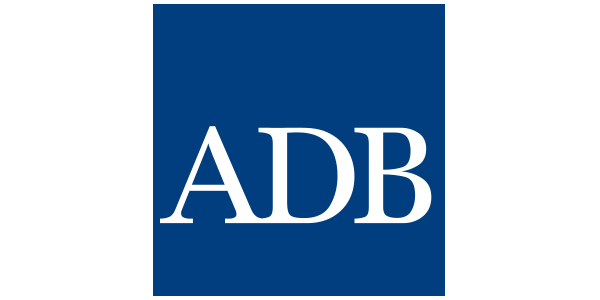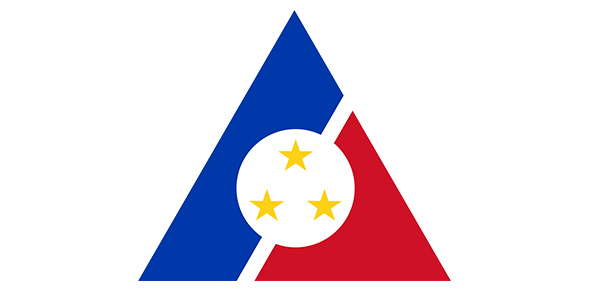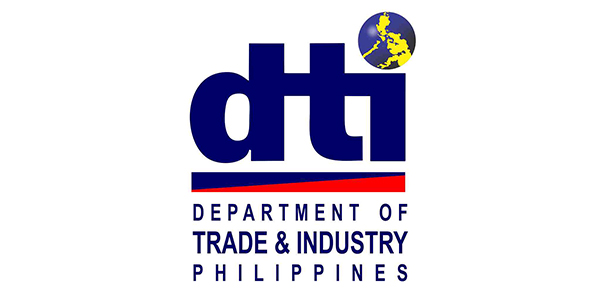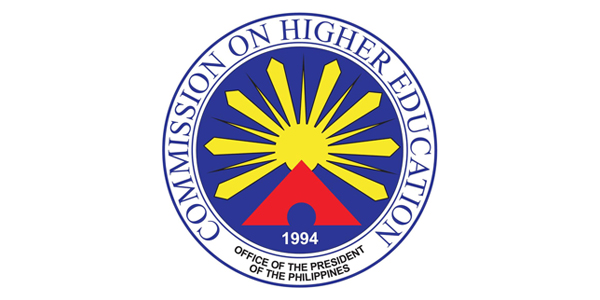The Office of the Undersecretary for International Economic Relations serves as the core office that oversees the formulation, management, and implementation of Philippine international economic policies and programs in the conduct of Philippine relations at the multilateral, plurilateral, regional, and bilateral levels.
The Office supervises the Asia-Pacific Economic Cooperation (APEC) National Secretariat and International Economic Cooperation (ANSIEC) Unit of the Department and further serves as the lead office for Philippine participation in APEC meetings. The DFA Undersecretary for International Relations is also designated as the APEC Senior Official of the Philippines.
The ANSIEC discharges the substantive and administrative functions of the APEC National Secretariat (ANS) which include preparations for Philippine-hosted APEC meetings and providing substantive support for meetings of the Technical Board on APEC Matters (TBAM), and other APEC-related inter-agency groups.
DFA-OUIER also ensures that the country’s initiatives, economic priorities and general image are well-represented in international economic fora such as World Economic Forum (WEF), Boao Forum for Asia, World Islamic Economic Forum (WIEF), Asia Cooperation Dialogue (ACD), Belt and Road Forum (BRF), and in various meetings with global financial institutions like Asian Development Bank (ADB), World Bank, and the Asian Infrastructure Investment Bank (AIIB).

